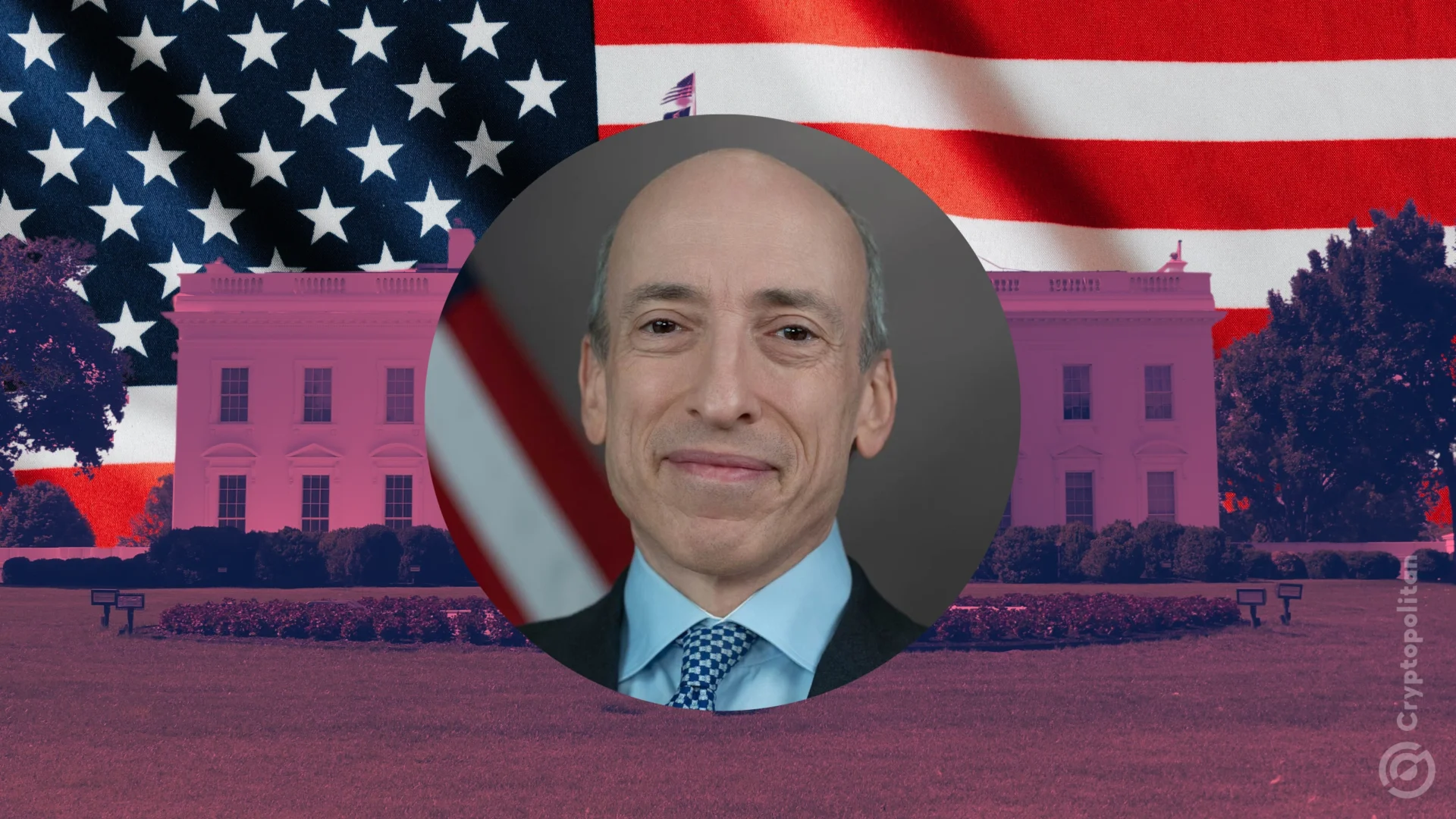Hook: Tyler Winklevoss has just made some serious accusations about Gary Gensler, the chair of the SEC, calling him out for his role in damaging the crypto industry. His words are sparking huge debate as Gensler’s leadership faces increasing scrutiny. But why does this matter to you? Here’s the breakdown you need to understand why this fight is critical for the future of crypto.
What Happened?
Tyler Winklevoss, the co-founder of the Gemini cryptocurrency exchange, has launched a fiery attack on Gary Gensler, the head of the U.S. Securities and Exchange Commission (SEC). In a recent post on X (formerly Twitter), Winklevoss called Gensler “evil” and argued that his actions have caused irreversible damage to the crypto industry. He says that Gensler’s behavior was deliberate, aimed at fulfilling a political agenda at the cost of the entire crypto sector.
Why Does This Matter?
To understand why Winklevoss is so angry, let’s take a look at the context:
- Gensler’s Anti-Crypto Stance: Gary Gensler is known for being a crypto skeptic, and since becoming SEC chair, he has led multiple legal actions against major crypto firms like Binance, Coinbase, and Ripple. His approach to regulation has often been criticized as “regulation-by-enforcement,” meaning instead of creating clear rules for the crypto industry, he used lawsuits to enforce them after the fact.
- The Fallout: This approach has created massive uncertainty in the crypto market. Companies have had to spend millions on legal battles, and many jobs and investments are at risk. Winklevoss argues that Gensler’s actions were not mistakes, but a calculated effort to push his personal and political agenda.
- Winklevoss’s Anger: Winklevoss claims that Gensler’s decisions have “nuked” the industry, wiping out billions of dollars in investments, destroying jobs, and undermining people’s livelihoods—all for political gain. In his view, Gensler’s ambition has even backfired, harming his own political party as the backlash grows.
Key Takeaways:
- Regulation by Enforcement: Gensler’s method of imposing regulations by suing companies after they’ve already made moves has caused massive disruption. This leaves businesses in the dark, without knowing how to comply or what rules are coming next.
- Sociopathic Ambition: Winklevoss uses the term “sociopathic ambition” to describe Gensler’s relentless pursuit of power, even at the cost of the industry’s survival. This is a strong accusation that shows the emotional weight of the issue—Winklevoss feels that Gensler’s actions have been personally harmful to him and the entire crypto space.
- The Future of Crypto: Many in the crypto world, including MicroStrategy’s Michael Saylor, see Gensler’s potential resignation as a pivotal moment. Whoever takes over his role could significantly impact the future of digital assets. The question is whether the next SEC chair will work to create clear regulations that support innovation or continue the harsh enforcement approach.
Why Is This Important for You?
- The Ripple Effect: As someone who’s interested in crypto, understanding the ongoing battle between crypto companies and regulators is key. The rules of the game are still being written, and how they evolve will shape the industry for years to come. If leaders like Gensler stay in power, it could create more uncertainty for your investments, while a more supportive regulator could unlock growth and stability.
- What’s at Stake: The crypto industry is huge—it’s worth trillions of dollars, and it touches everything from finance to gaming to art (through NFTs). The actions of regulators like Gensler directly affect the value and security of this industry. The more you understand the battles being fought today, the better positioned you’ll be to navigate this space tomorrow.
The Bottom Line:
Gary Gensler’s time at the SEC has left deep scars on the crypto industry, according to figures like Tyler Winklevoss. While the industry hopes for a change in leadership, the damage done by Gensler’s tough stance is far from forgotten. As a young person in the crypto space, staying informed about these ongoing struggles will help you understand the regulatory landscape—and why your investment strategy might need to adapt.



